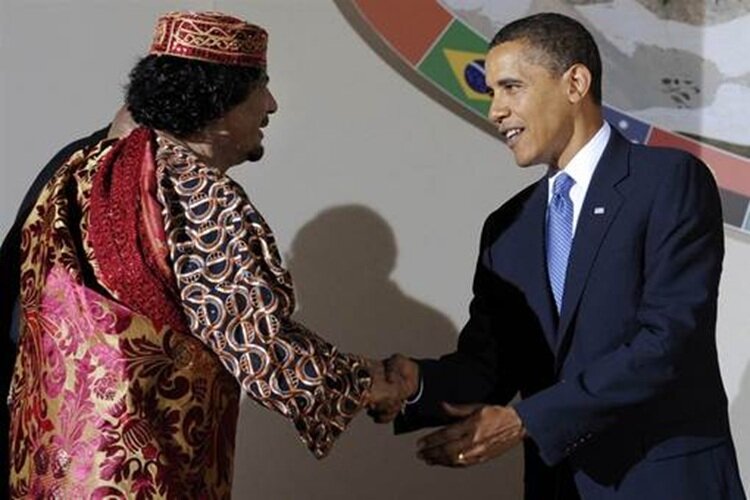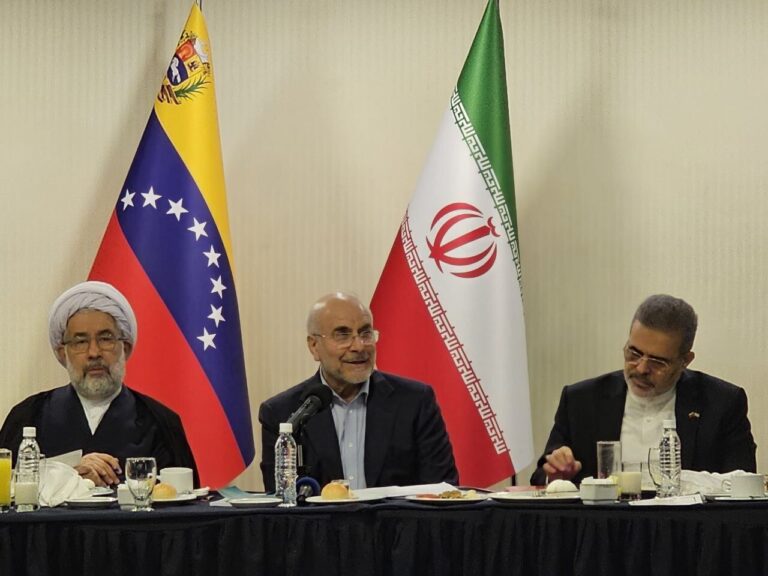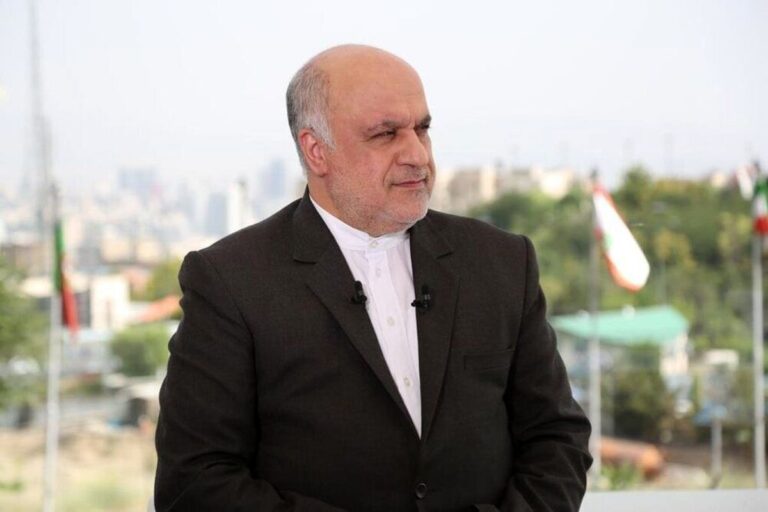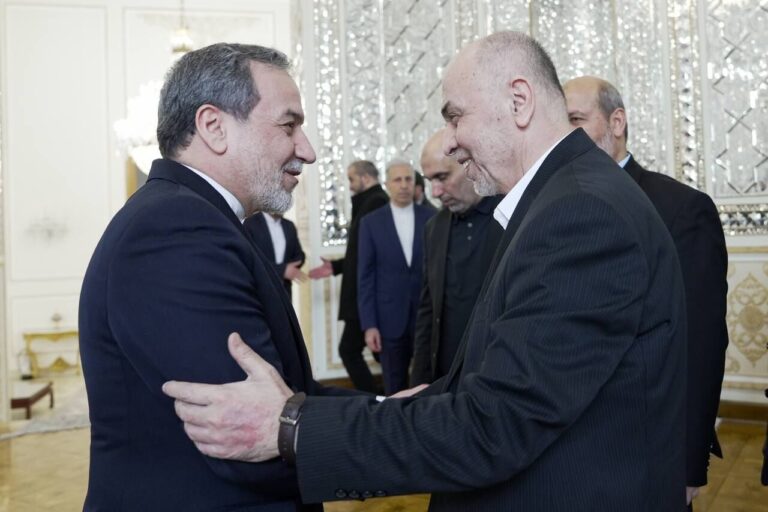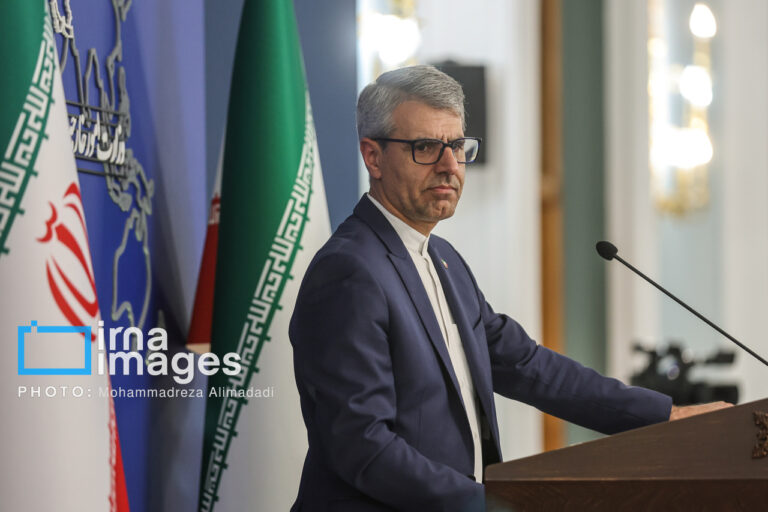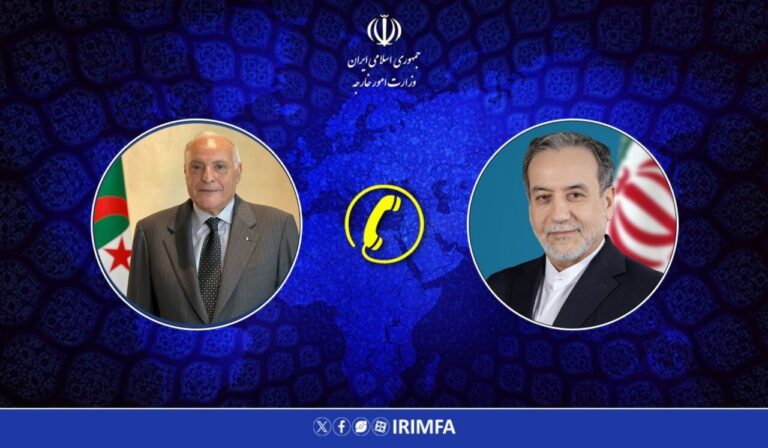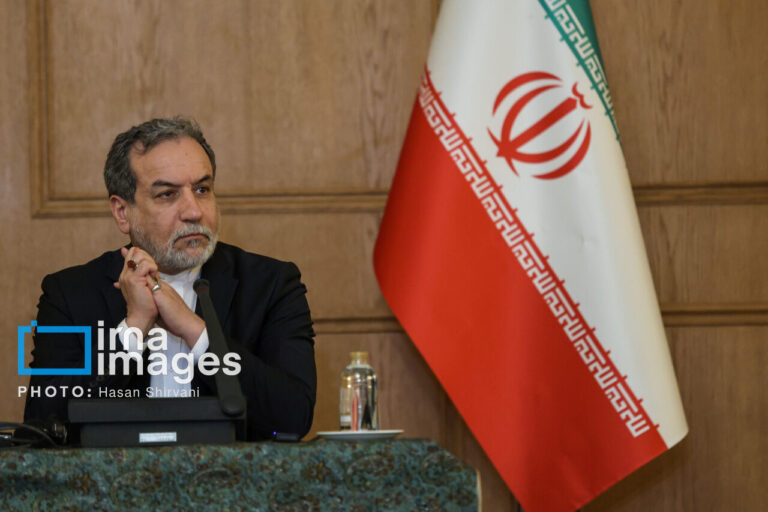From Trust to Turmoil: How Gaddafi’s Misguided Talks with the US Led Libya to Ruin
Since Donald Trump took office as the President of the United States, the topic of potential negotiations between Tehran and Washington has gained significant attention. These discussions echo past indirect negotiations that led to the formation of the Joint Comprehensive Plan of Action (JCPOA). However, during his first term, Trump made a controversial decision to withdraw from this agreement, imposing stringent sanctions on Iran despite the latter’s adherence to the terms.
On February 7, in a meeting with Air Force and Air Defense personnel, the Leader of the Islamic Revolution highlighted the importance of learning from the past two years of negotiations that yielded no meaningful outcomes.
Looking beyond the JCPOA, a historical analysis reveals that US commitments and treaties with other nations often lead to disappointing results. A noteworthy case is the 2003 US-Libya agreement, which serves as a stark reminder of the risks involved in such negotiations.
The 2003 US-Libya Agreement: A Pivotal Moment and American Betrayal
In the 1970s and 1980s, Libya’s leader, Muammar Gaddafi, aimed to enhance Libya’s status as an independent power by pursuing nuclear, chemical, and missile programs. However, US support for opposition groups turned Gaddafi into a major adversary. By the 1990s, facing international isolation and severe sanctions, Libya found itself under immense pressure to engage in negotiations with the West.
In 2003, Gaddafi opted to change Libya’s course, agreeing to dismantle its weapons programs, particularly its nuclear capabilities. This decision was celebrated as a major victory for the West, especially the US, marking a perceived end to hostilities between Gaddafi’s regime and Western nations. The agreement temporarily eliminated Libya as a military threat, leading to the gradual lifting of sanctions.
Gaddafi believed that cooperating with the US would eliminate Western threats, reintegrate Libya into the global community, and promote economic growth. Consequently, Washington lifted economic sanctions and re-established trade and diplomatic relations with Libya. At this point, it seemed Libya was on a path toward modernization, a success Gaddafi hoped would resolve the nation’s crises.
However, over time, changing geopolitical dynamics and miscalculations regarding Gaddafi’s stability led the US to renege on its commitments. With evolving crises and shifts in US foreign policy, Western nations gradually broke their promises.
In 2011, the US and NATO allies intervened militarily, resulting in the overthrow of Gaddafi and plunging Libya into a devastating civil war. Under the guise of promoting democracy, NATO and the West provided support to Gaddafi’s opponents, effectively dismantling Libya’s central government. This led to a nation fragmented by armed militias and enduring infrastructure destruction.
Gaddafi’s tragic fate serves as a cautionary tale; after his government collapsed, Libya became a battleground for various factions. Gaddafi, who believed that abandoning his weapons would protect him from Western aggression, ultimately found himself without allies. In 2011, he was brutally captured and killed following a large-scale military assault, an event viewed as one of the greatest diplomatic betrayals in modern history.
Post-Gaddafi Libya: A Nation in Crisis
Since Gaddafi’s fall in 2011, Libya has been engulfed in chaos and civil war. With the collapse of centralized authority, various militias, insurgents, and terrorist organizations such as ISIL and al-Qaeda quickly rose to power. Once one of Africa’s wealthiest nations, Libya has transformed into one of the globe’s most unstable and unsafe countries in less than a decade.
A brutal civil war erupted between the UN-recognized Government of National Accord (GNA) and forces loyal to General Khalifa Haftar, who received backing from Egypt, Russia, and the UAE. This conflict has ravaged infrastructure, crippled Libya’s oil industry, and triggered an economic crisis. According to UN reports, since 2011, over 20,000 people have died, and more than a million have been displaced.
- Before Gaddafi’s fall, Libya produced 1.6 million barrels of oil per day.
- Post-war, oil production dropped drastically.
- The economic collapse led to rampant unemployment and currency devaluation.
- Libya became a major transit point for human trafficking, particularly for migrants heading to Europe.
Lessons Learned from Gaddafi’s Experience
A key lesson from Libya’s experience is the danger of trusting major powers without obtaining real guarantees. Gaddafi believed that by dismantling his weapons programs, he could avoid foreign military intervention. Instead, this decision left Libya exposed to outside interference, resulting in the swift collapse of his regime.
Libya’s downfall illustrates the importance of maintaining strategic military capabilities as deterrents. Nations that easily relinquish their defensive capabilities may become prime targets for regime change and foreign intervention. Gaddafi negotiated due to intense economic pressures, but once he fulfilled his commitments, he discovered that genuine guarantees for his government’s survival were nonexistent.
Countries entering negotiations must retain leverage to avoid experiencing Libya’s fate should circumstances shift unexpectedly. Furthermore, Libya’s plight serves as a warning about how the West may exploit disarmament to weaken nations. Once Gaddafi dismantled Libya’s defenses, the US and its allies had little incentive to uphold their commitments.
This indicates that nations seeking to reduce international tensions must maintain their defense and deterrence capabilities to effectively manage crises, even if the other party violates agreements. Had Libya retained its weapons programs, it might have experienced a vastly different outcome.
In conclusion, Libya’s story serves as a cautionary tale for nations contemplating security agreements with Western powers. It highlights that without military deterrence, diplomatic guarantees can become tools for deception and weakness.
